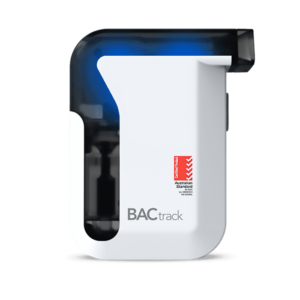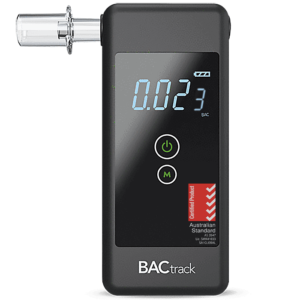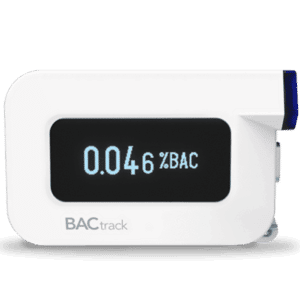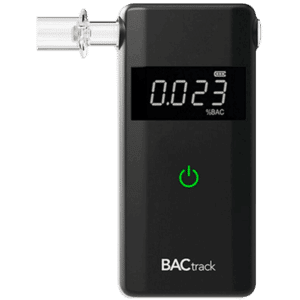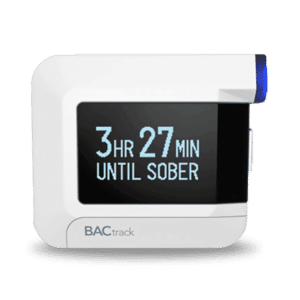Regarding Drug and Alcohol Testing of Employees by Employers – Overview
26 September, 2023

Tests for drugs and alcohol have become a common practice among companies nowadays. There are several factors to learn regarding drug and alcohol testing of employees by employers. It is a precautionary measure taken by businesses to ensure a safe and productive workplace. Usually, it is for pre-employment screening, random testing, post-accident or incident testing, reasonable suspicion testing, and return to duty or follow-up testing. However, employers must ensure compliance with applicable federal, state, and local laws.
Substance abuse at work has become a growing concern. It not only poses risks to the safety and productivity of the workforce but also gives rise to legal implications for employers. As a result, many companies have implemented drug and alcohol testing programs as part of their employment policies. Understanding the aspects of testing is crucial for both employers and employees to avoid inconveniences. Thus, the following sections will present its significance, reasons, and legality.
Regarding Drug and Alcohol Testing of Employees by Employers – Significance
Drug and alcohol policies are of utmost significance for employers to ensure a peaceful working environment and mitigate safety risks. It is then important to have talks within the workforce regarding drug and alcohol testing of employees by employers. If workers understand the purpose of the tests, they are more likely to comply and adopt healthier habits.
Implementing drug and alcohol testing programs is essential in addressing the negative impacts of substance abuse. Employers should adopt comprehensive policies that establish legal blood alcohol concentration (BAC) levels and consequences for positive test results. These policies should also provide clear guidelines on necessary actions that they must take.
The significance of testing also lies in helping identify employees who need help recovering from addiction. Instead of terminating the worker, management can enrol them in employee assistance programs to prevent harm. Moreover, some government and non-profit agencies can support the betterment of people who are suffering from drug abuse and alcohol use disorder (AUD).
Types of Tests
Employers can utilise various testing procedures. Here are the most common ones:
- Saliva tests – they are a convenient and non-invasive way to detect recent drug and alcohol use.
- Urine tests – this type can detect a wider range of illicit substances and are relatively easy to administer.
- Hair tests – they provide a longer detection window, typically up to 90 days, making them useful for detecting chronic drug and alcohol use.
- Blood tests – the most accurate, which can determine the presence and concentration of substances at the time of testing.
- Breath tests – specifically for alcohol testing and measuring BAC through breath samples with a breathalyser.

Regarding Drug and Alcohol Testing of Employees by Employers – Reasons for Testing
The introduction of initiative for tests demonstrates a commitment to workplace safety. Businesses can protect their employees and adhere to laws while also minimising the risk of accidents caused by the influence of alcohol and drugs. Seeking legal advice when formulating policies regarding drug and alcohol testing of employees by employers can help them navigate the complex legal landscape and implement effective measures to ensure a safe working environment for all.
The construction industry and jobs that involve heavy machinery, such as train drivers, particularly benefit from strict testing policies. In these safety-critical environments, the influence of drugs and alcohol can impair judgment, coordination, and reaction times. Thus, it puts both the employee and those around them at significant risk. By regularly testing for the presence of illicit drugs or harmful alcohol consumption, employers can protect everyone.
Testing for drugs and alcohol can foster a healthy work environment that discourages substance abuse. Furthermore, by conducting random drug testing and implementing safety initiatives, employers can create a culture of accountability and reinforce the importance of maintaining a drug and alcohol-free workplace.
Risks of False Non-negatives
There is always a potential for false non-negatives. This can have serious consequences. False positive drug and alcohol tests occur when an initial result indicates the presence of drugs or alcohol, but subsequent confirmatory testing proves otherwise. This can lead to unwarranted disciplinary action or even dismissal for employees who are wrongly accused.
Moreover, the incorrect results can negatively impact the overall employee morale and trust within the organisation. False accusations can create feelings of unfairness and injustice among employees. This can damage relationships and affect teamwork. Additionally, false non-negatives can result in legal challenges from employees who believe they are wrongfully targeted or treated.

Regarding Drug and Alcohol Testing of Employees by Employers – Legality
Legality is a crucial aspect to consider regarding drug and alcohol testing of employees by employers. Businesses need to understand the legal requirements surrounding workplace drug testing. This includes ensuring compliance with relevant laws and safety legislation, such as those related to privacy and discrimination. They should also be aware of any specific industry or sector-specific regulations that may apply to drug and alcohol testing.
In many jurisdictions, drug and alcohol testing is permissible under certain circumstances. For instance, it can happen when there are safety risks involved. Additionally, it is when there is reasonable suspicion of the use of illegal drugs. However, employers must understand the specific legal limitations. By adhering to the legal framework, they can confidently carry out drug and alcohol testing while respecting the rights of their employees.
By conducting testing in a legal and compliant manner, employers can protect themselves against potential legal challenges. It also ensures the fair treatment of their employees. All in all, understanding the legal requirements and implications of drug and alcohol testing is important for employers who seek to create a safe, compliant, and fair work environment.
Can an Employee Refuse a Test?
An employee can have the right to refuse a test. In some cases, employees may refuse if they believe the testing violates their rights to privacy or dignity. However, it is important to note that refusing a test can result in disciplinary measures. This is especially true if the refusal violates company policies or safety regulations.
It is crucial for employers to communicate the reasons for the test, the potential consequences of refusing, and any legal obligations that apply. By addressing any concerns that employees may have, employers can encourage cooperation and create a more respectful and inclusive workplace environment.
Conclusion
There are many factors to know regarding drug and alcohol testing of employees by employers. Thus, both parties must understand the legal and ethical implications of such a practice. Employers have the right to drug and alcohol test their employees, but this must be done in accordance with privacy laws and regulations. Drug and alcohol testing can provide insight into the health, safety, and job performance of an employee. Thus, it is important and why many do it.
Moreover, employees must understand the implications of the tests before beginning employment. This helps them become aware of the policy of their companies and any consequences that may result from a failed test. In addition, there are tools such as a personal breathalyser for further safety of employees. This allows them to check their own BAC in private before going to work. They can buy reliable breath testers from Breathalysers Australia to protect themselves.


















